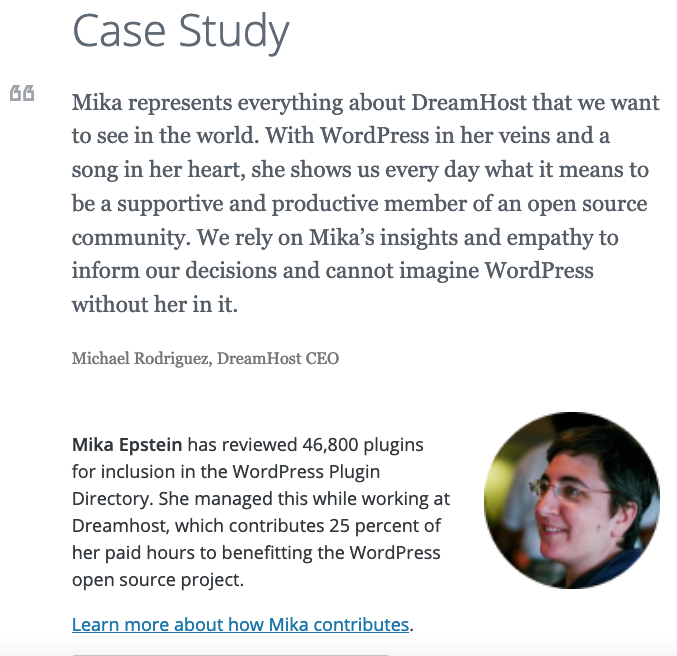Recently Closed WordPress Plugin with 40,000+ Installs Contains Authenticated Persistent XSS Vulnerability
The WordPress plugin Timetable and Event Schedule was closed on the WordPress Plugin Directory on Monday. That is one of the 1,000 most popular plugins with 40,000+ installs, so we were alerted to its closure. While we were looking in to the plugin to see if there were any serious vulnerabilities we should be warning users of the plugin that also use our service, we found multiple insecurities and we confirmed that there is an authenticated persistent cross-site scripting (XSS) vulnerability.
There also appears to be a related authenticated SQL injection vulnerability, though we didn’t confirm that. We would recommend not using the plugin until a thorough security review is done and additional security issues are addressed. [Read more]
